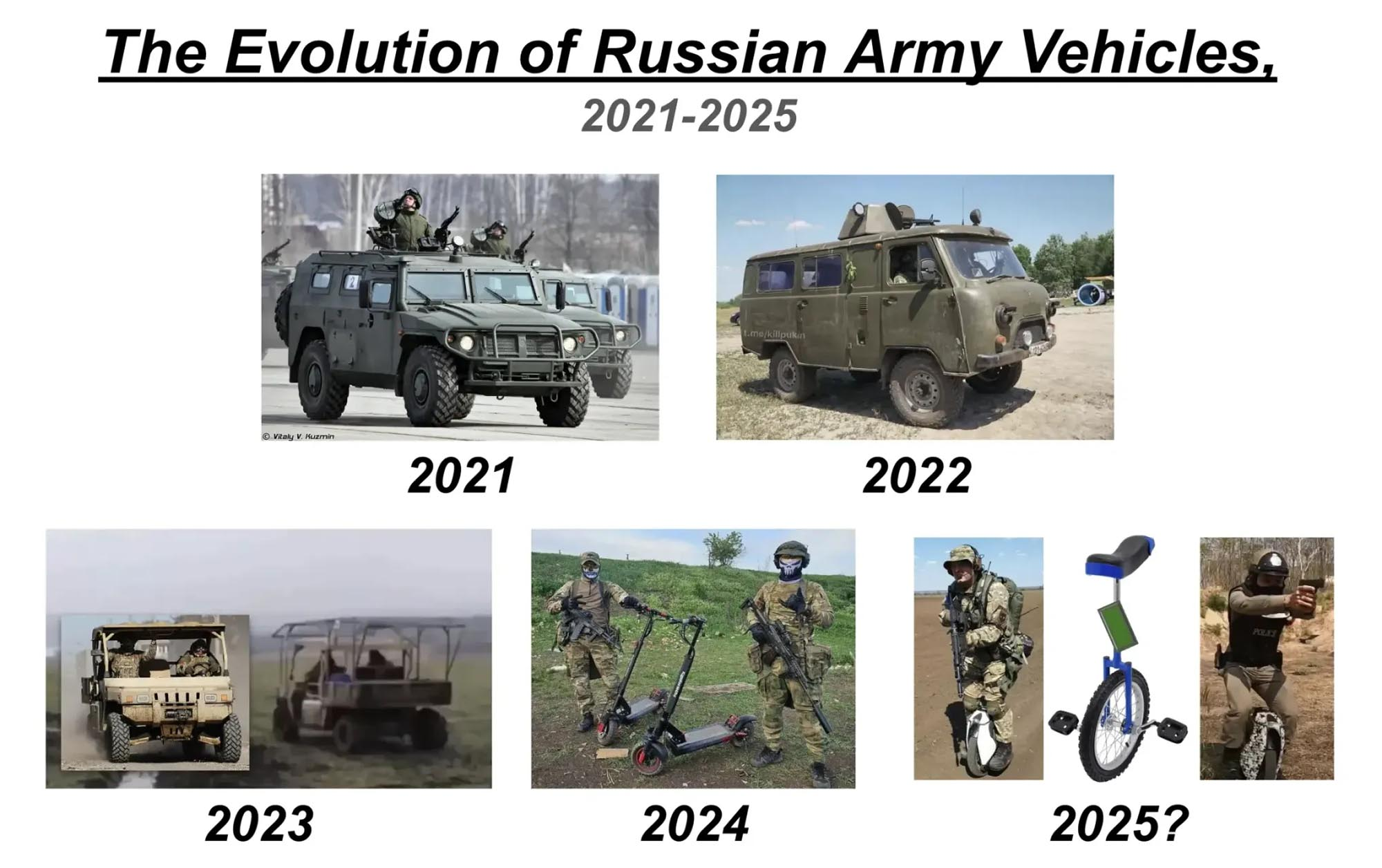I dunno, when you're talking about really specialized niches, there are still plenty of forums. Like, 600rr.net; it's dedicated to nothing but Honda CBR600RR motorcycles. If you have a problem with a 600RR, the answer is probably there, and the forum is still ticking along because it's just too hard to find those super-niche answers on Reddit. Want gun content with a healthy dose of homo/transphobia and christian nationalism? AR15.com has you covered. Want to talk about the minutiae of reloading and be autistically-focused on long-range accuracy? SnipersHide.com is your place. (They're a bit fuddy though.)
HelixDab2
Sure. If you've abused it in some way so that it doesn't take or hold charge, then you might have to pay for a replacement battery. But I think there would be an implied warranty when you're given a replacement, that the replacement was fit for service. And the company might just have to roll the cost or replacing batteries every so often into their electricity pricing models.
That's like asking who owns a propane tanks for your grill. You own it while you have it.
When you get a new batter, you own the new one, and relinquish ownership of the previous one, paying for the electricity that's on the new battery. AS LONG AS the battery that you're relinquishing is substantially identical to the new battery.
Huh. Karlach was easily my favorite.
I always liked hanging out with the punks and metalheads though.
I've known entirely too many people that had the real life personality of Shadowheart and Astarion to really like them though. Gael and Wyll just seemed like entitled shits; not the worst, but not great people.
Create a multi-part archive (...probably about 250 parts...) with a strong password, upload each part to whatever the current equivalent to Megaupload is, and let them download it at their leisure.
With no accounts on either end, should only take about three months for each to be complete.
Alternatively, you could put it on a thumb drive and drive it over if they live fairly close.
I'm pretty sure you're correct, although I believe that the part that's capturing photons also needs to be heavily protected from the environment, and you also need something to prevent to many photons from getting to it and burning it out (e.g., almost all gen 3 NODs are autogated so that someone shining a flashlight at you won't wreck your image intensifier tubes.)
It's one of those things that can get pretty overwhelming to try and research as a consumer, because it gets really technical really fast.
Okay, so you're talking about the IR that most people would refer to as thermal, rather than the IR that's technically NIR, and is used in most image intensification. My mistake; as you say, these things get slippery because most of the time people aren't talking about specific wavelengths and frequencies.
Yes, IR-as-in-thermal is going to be stopped by most glass. IR-as-in-NIR-for-NODs is not. The IR lasers and weapon lights that show up very well with NODs are definitely not visible to the naked human eye, so they're outside of the visible light spectrum, and get generally labeled as IR, even if they're outside of the spectrum of IR that's used by most thermal optics. (It would be interesting to see if a Steiner DBAL could illuminate an area that had low IR for a FLIR camera.) And yes, for that, a red dot sight will work, because it will be set to very, very dim; too dim to be seen by the naked eye.
Tons of job listings have barely any presence outside of LinkedIn. And yeah, quite often employers will want to see some kind of professional something online.
First: I'll believe it when I see it. Every so often pie-in-the-sky claims of this type come out, and they often end up not being feasible, even if they're technically possible.
Second: if it is feasible, given that gen 3 night vision tubes have remained stubbornly expensive, I would not expect this to be cheap for a long time.
because regular glass is usually opaque to IR.
I'm almost 100% positive that this is not correct, because I've been driven around by someone wearing PVS-14 NODs with no headlights, on dirt roads, in a commercial van. (Edit - most red dot sights also work very well with NODs, and those have one or two layers of glass, depending on which type of system it is. The sights that don't work well usually can't dim the dot enough to avoid massive bloom.) Glass is mostly opaque to thermal though, and a lot of glass significantly reduces UV.

Why the AR-15? Why not the FN-FAL, the AR-10, FN F-2000, the L85A2, Steyr AUG, HK G36 or, shit, even the Keltec RBD?
Yeah, the AR-15 is a great carbine and all, but why elevate that particular rifle as a state rifle?